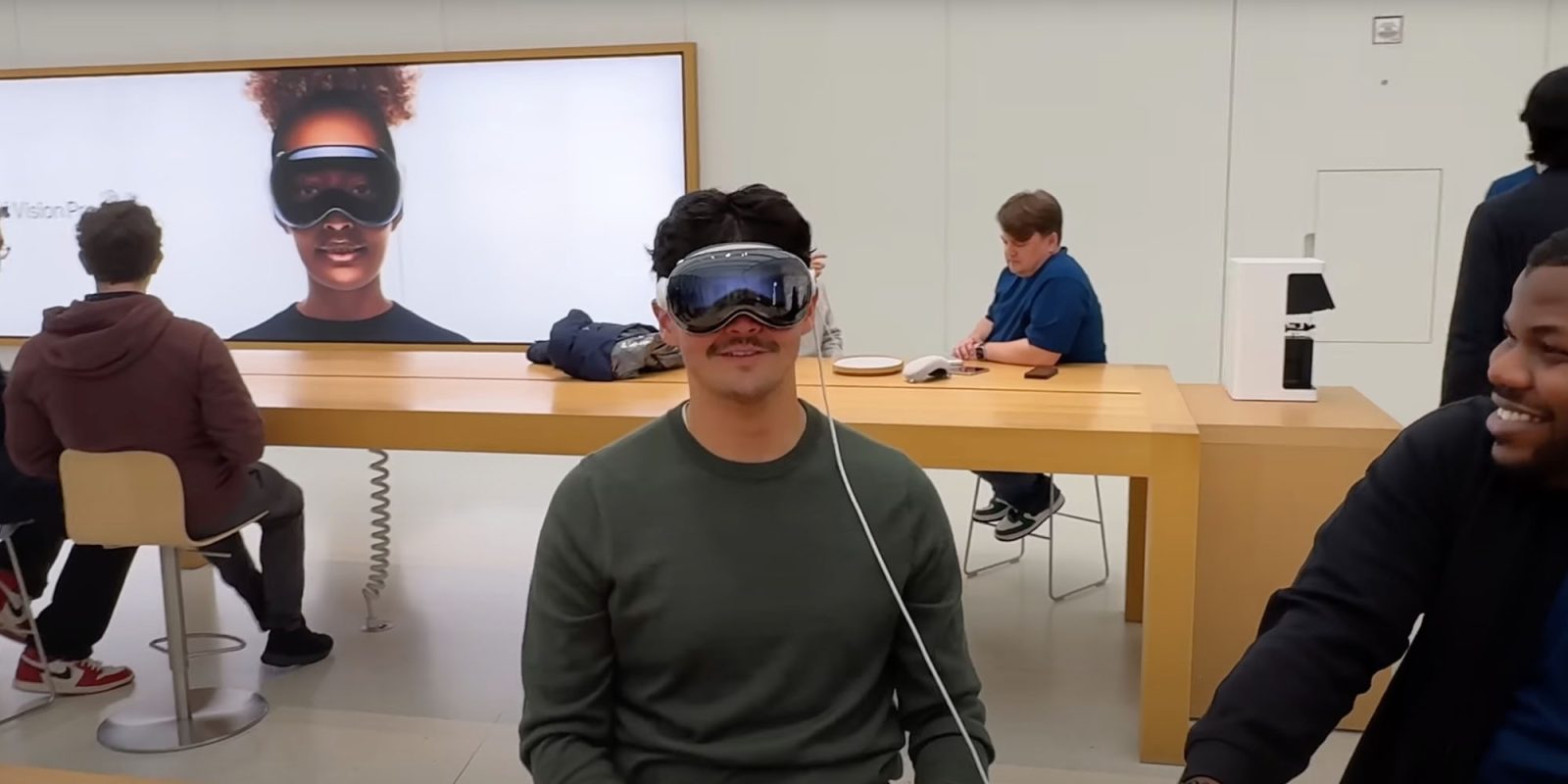
Buying any first-gen Apple product has always been associated with a certain degree of bravery, whether that’s because of the inevitable bugs and shortcomings of any venture into a new product category, or because of the risk of buyer’s remorse when the second iteration is so much better.
Many consider Vision Pro could be the ultimate example of this, and a report over the weekend says that some members of the Apple team responsible for the product think that only the 4th-gen model will really deliver what they set out to achieve …
Will take four generations to get it right
Most of us here have done it: We buy a first-gen Apple product because it’s new and exciting, and we want it now.
Sometimes that works out, and we enjoy having early access to the device, and simply shrug when a better or cheaper version comes along the next year. My M1 Max MacBook Pro is a good example of this. It more than delivered on the promises of Apple Silicon, and I’m still very happily using it today.
Other times, not so much – and many are suggesting that Vision Pro is a good example of a product where it may well be worth waiting for a later model.
Bloomberg’s Mark Gurman even goes as far as suggesting that “the Vision Pro is essentially a prototype — just one where you have to pay Apple for the privilege of testing it out.”
He also reports that some members of the Vision Pro team think that it may take four generations to get there.
Today’s Vision Pro is more of a preview of the future than the future itself. It’s too heavy and cumbersome, the battery life is far too short, and there aren’t enough dedicated apps. For all its strengths, the visionOS operating system suffers from more bugginess than you’d typically expect from an Apple product, even a first-generation one.
Apple still has lots of work to do, starting with rejiggering its software upgrade process to release bug fixes more quickly. At this point, it feels like the software is a beta version and about a year away from feeling refined enough for consumers to use on a dayto-day basis. In fact, some people in the Vision Products Group (the team working on the headset) believe it could take four generations before the device reaches its ideal form – similar to the progression of the iPhone, iPad and Apple Watch.
On the flipside, of course, one can argue that there’s no ‘there’ to get. Whenever friends ask whether it would be worth waiting for a next-generation model of anything, I generally offer the same response: The next generation will always be better, no matter when you buy. At some point, you have to ask whether the current product gives you what you want at a worthwhile price.
Top comment by Paradise Pete
I'm happy with mine, but I do think waiting one or two generations is the right move for most people.
It's impressive now, but when both the hardware and the OS are much better it will be amazing.
And in the case of Vision Pro, those buying today are getting early access a whole new experience, which may well justify the financial hit and early teething troubles.
Will replace the iPad, not the Mac, thinks Gurman
One big question about the long-term future of Vision Pro is: Is this the future of computing? Will it eventually replace a Mac? I shared my own thoughts about this last week, but Gurman raises another possibility.
There’s been a lot of talk that the headset could be the future of the Mac or a replacement for the iPhone. I don’t think either is true. After using the $3,499 device for about a week, I believe the Vision Pro could instead cannibalize the iPad. It has the potential to provide a far better experience for the main jobs that Apple’s tablet was designed to handle. But don’t get me wrong, it’s still very early days.
In my testing, the Vision Pro exceled at video streaming, doing light work tasks, and sending email and other messages. It’s also great for viewing photos and serving as an external Mac monitor. That makes it an alternative to your computer when you’re sitting on the couch, in bed or on an airplane – the same places where you might use an iPad.
What’s your view on each of the two issues? Please share your thoughts in the comments.
Image: 9to5Mac
FTC: We use income earning auto affiliate links. More.






Comments